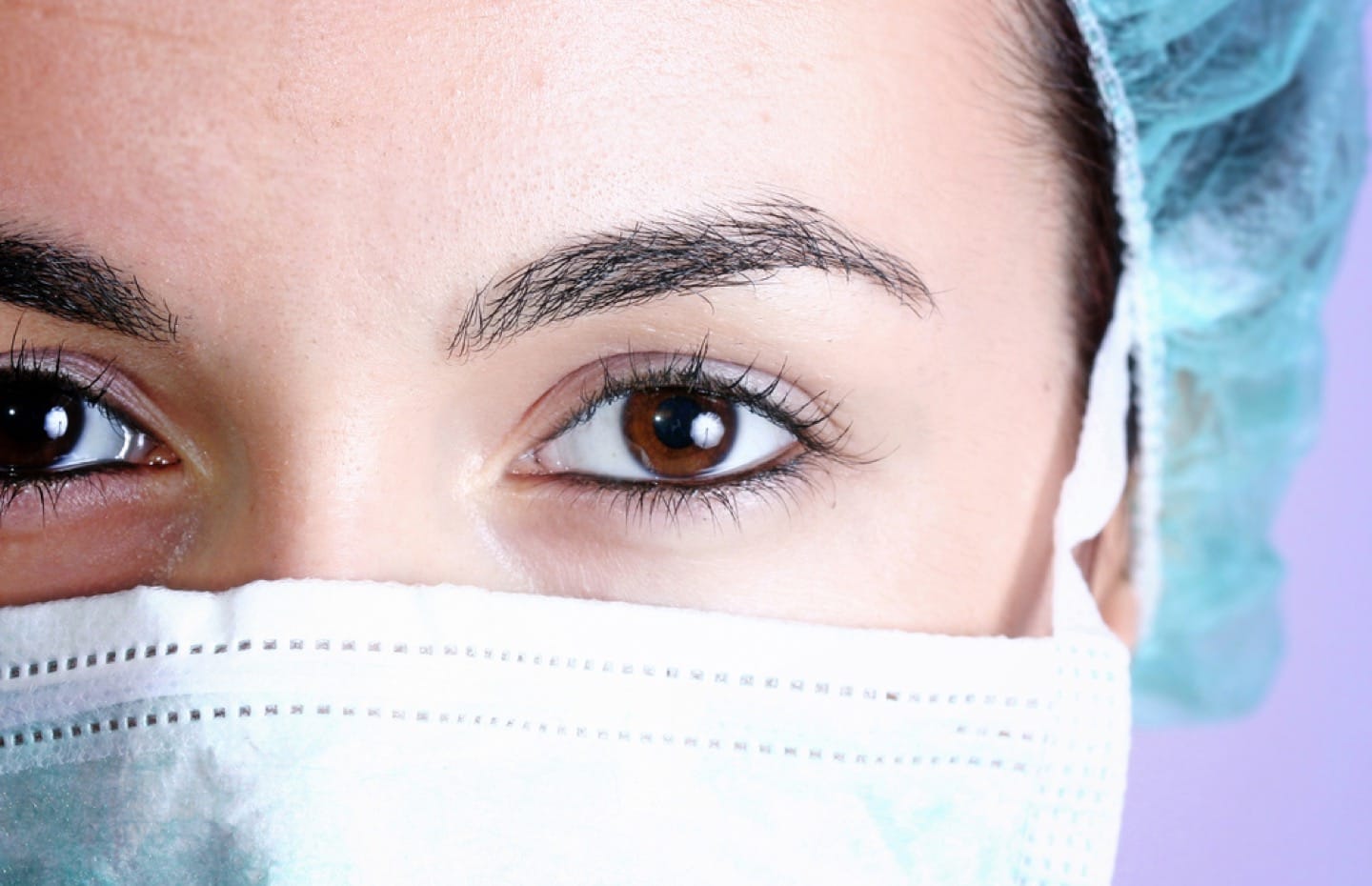Iodine is an important mineral for the foetus during pregnancy, babies and children. While only a tiny amount is required for their health, iodine deficiency is a medical condition that can still easily occur.
Iodine is used to make hormones by the thyroid gland, which is located in the throat. Thyroid hormones promote growth and development throughout the body, including the brain.
Iodine deficiency varies from mild to severe. While severe cases are rare in Australia, mild to moderate deficiency may be quite common.
Symptoms of iodine deficiency in babies and children may include: tiredness, poor concentration, reduced school performance, reduced intelligence, goitre (enlarged thyroid gland) and stunted growth.
Diet and supplementation
There needs to be enough iodine in the diet to prevent a deficiency. The main food sources are:
- Bread: Authorities require that all bread (except organic) is made using salt that has added iodine (iodised salt).
- Seafood: 2–3 servings a week (no more, to avoid high mercury intake)
- Seaweed
- Milk, cheese, yoghurt
- Eggs
It should be noted that too much salt in the diet is unhealthy, so you shouldn’t add iodised salt when cooking and at meal times. If you need a higher iodine intake, particularly pregnant and breastfeeding women who are providing for the foetus or baby, an iodine supplement may be recommended.
For more information
- Speak to your doctor
- Visit the Dieticians Association of Australia website


